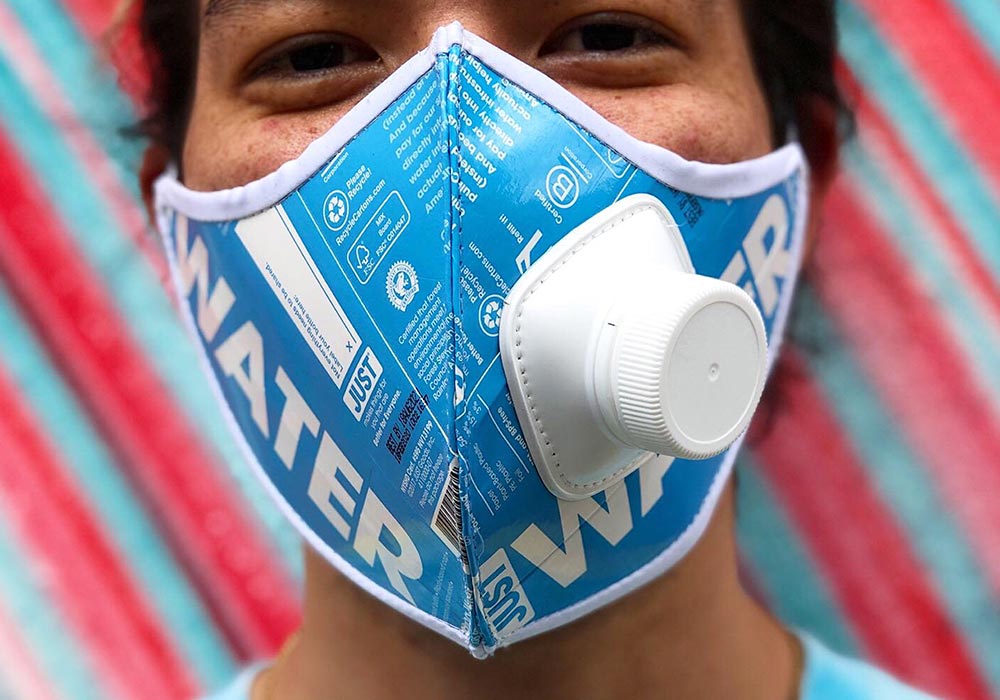JUNE 21, 2020
The recent Coronavirus pandemic and resulting global lockdowns have, rightly, taken up all the conversation.
Discussions the international community were having around global warming and advancing green energy causes feel like a lifetime ago.
They haven’t gone away, though. As the pandemic eases, conversations about global warming will come back to the fore about how to solve a pressing intergenerational legacy issue.
The focus will also return to brands. Consumers are more conscious than ever of brands and their green commitments, and statistics suggest that a brand’s carbon footprint is becoming a key factor in consumers’ purchasing decisions.
This is a trend seen particularly amongst younger consumers; mostly Millennials according to the Harvard Business Review.
They cite a survey that suggests 65% of consumers want to buy purpose-driven brands that advocate sustainability.
Ethical consumer spending also hit record levels in the UK before lockdown. The Co-op’s Ethical Consumerism report found the ethical market had exceeded £41 billion in 2019 – a huge leap from 1999’s £11.2 billion.
Those trends pose serious questions for brands in the entertainment and retail sector.
While most film and television shows naturally have a large carbon footprint, Hollywood is working hard to reduce emissions and waste. There is still an enormous amount to do, though, for the entertainment sector to become cleaner and greener.
How entertainment brands can become more eco-friendly
One of the biggest carbon culprits across the entertainment sector is packaging.
The industry has its fair share of problems with plastic. Video games and DVDs are still sold in plastic casings.
Sports Interactive announced in 2019 that it was switching to eco-friendly cases which would save 20 tonnes of plastic per year.
The reception to the announcement was hugely positive, and catapulted Sports Interactive to the forefront of the industry’s conversations around carbon.
Shipping retail units and parts in bulk is another problem that dogs the entertainment industry. There are green production methods out there, though, that brands can switch to right now.
We use some of those carbon-friendly processes when creating limited editions. Processes include switching from plastic blister packaging at the transit stage to foam packaging; a material that’s widely recycled.
Entertainment brands can also do some soul searching as to how they sell their physical products. Does a DVD case really need to be shrink-wrapped? How much does shrink wrapping add to your brand’s carbon footprint per year?
Could your wider distribution strategy be changed, too? Lockdown has shown just how many consumers have digital streaming capabilities and are willing to make digital purchases. Could your brand be doing more digitally to enhance its green credentials?
If you’re commissioning POS stands to attract attention at retail, do you really need one made of plastic? Re-board and other materials, for instance, are just as good at promoting products with the added carbon benefits.
Green packaging is no longer a niche avenue. Consumers favour it, and the wider green packaging industry is expected to grow to approximately $277 billion by 2026.
Adopting carbon-friendly processes can go a long way to not only attracting new brand advocates and audiences, but to helping save the planet, too.
Green solutions are available for your entertainment brand to adopt right now. TAKEOFF will help you reduce your carbon footprint and become greener – contact us to find out how!
